Kashmir: Living with the curfew
-
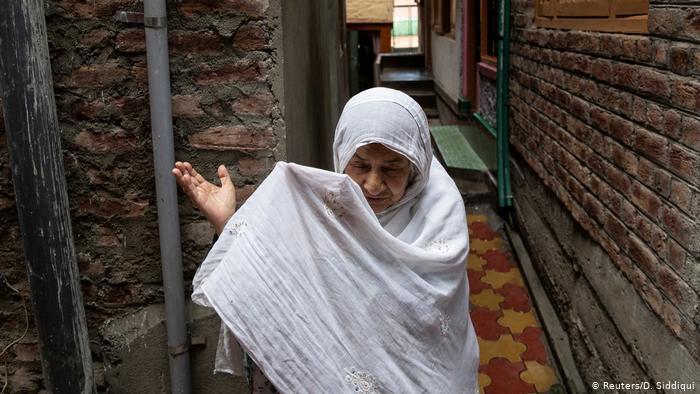
A unique state: Jammu and Kashmir is the only Indian state in which the majority of the population is Muslim. Since its independence in 1947, India has seen itself as a multi-ethnic state. However, this self-image is shifting towards a Hindu nation-state: Narendra Modi's Hindu-nationalist BJP dominates politics, and in May it once again became the strongest political force -
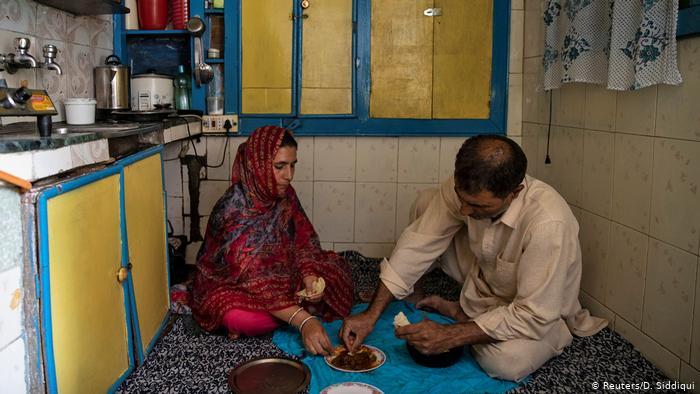
Under house arrest: Since 5 August, a curfew has been in force for the people of the Indian province of Jammu and Kashmir. The central government has imposed it because it fears an uprising against it: the Hindu nationalist government has rescinded the special status of the majority Muslim region and extended its control over the state -
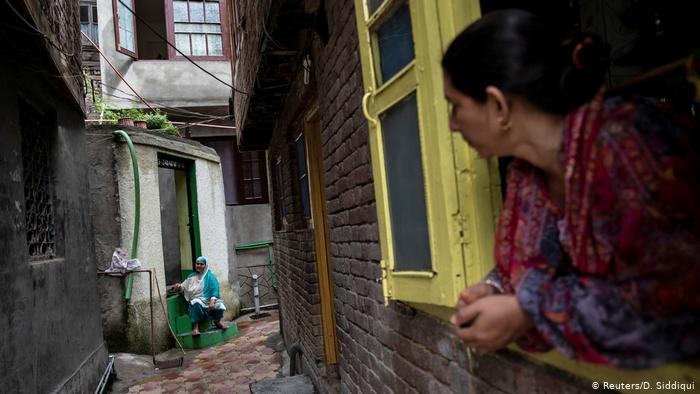
Information blackout: Internet and telephone lines are dead. If you are lucky, you may be able to make a quick phone call to a few government agencies. Many have not heard from their relatives since the curfew began. A handful of local newspapers nevertheless continue to be published, albeit under adverse conditions – and they are quickly sold out -
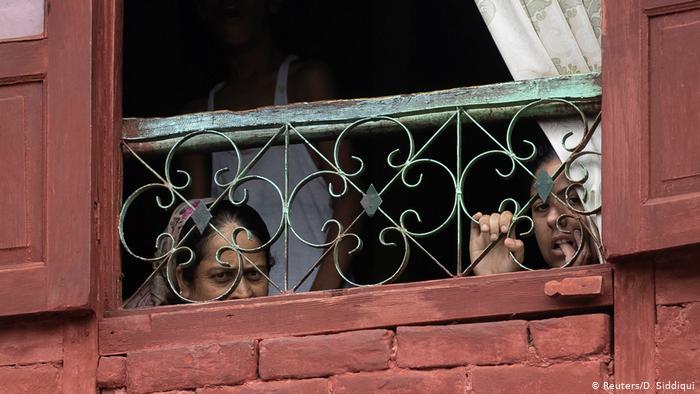
Behind bars: not all Kashmiris are at home, like this family in Srinagar. Police reported 300 arrests last week, partly as "preventative measures". According to Reuters, there are rumours of 500 people being arrested. Activists distributed a video of an 11-year-old boy reporting alleged police violence in custody – and the existence of even younger detainees -
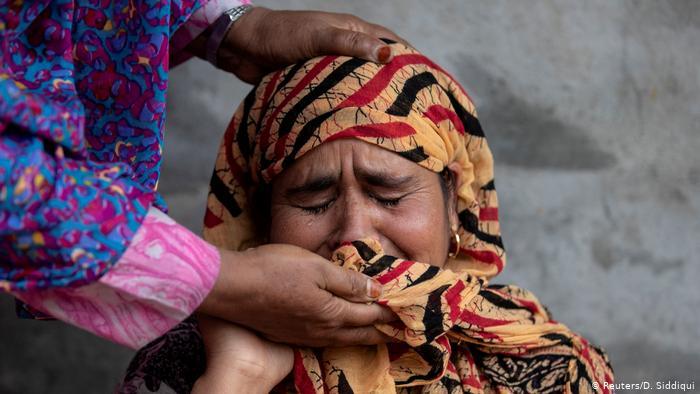
Tears of despair: Jameela, the mother of 28-year-old Koran teacher Irfan Ahmad Hurra, reports in tears that her son was arrested on 5 August. "I don't know what he is accused of. We don't know where he is." She said he was ill and needed medication. According to his family, Hurra had been in custody in the past, accused of causing unrest and property damage -
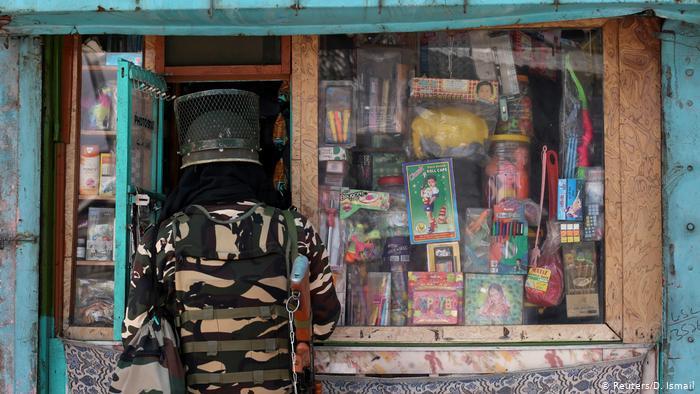
It's good to be a soldier...: While the Indian soldiers can move freely, the more than four million inhabitants of the Kashmir Valley are officially not even allowed to go shopping in the city. The Indian army has cultivated a strong presence in the region for years. In the days before the announcement at least 10,000 additional soldiers were transferred to Kashmir -
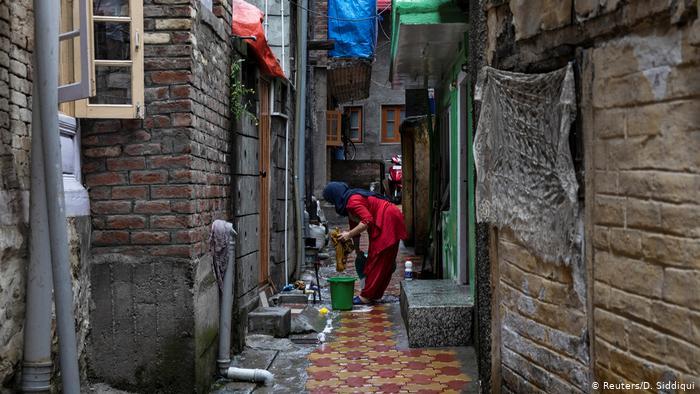
Everyday life in a state of emergency: photos like this give the appearance of normality despite the blockade. Most inhabitants of the region have experienced such curfews several times, for example in 2008, 2010 and 2013. Back then there were mass protests against the Indian government, with curfews being imposed as a result – but never as extensive as today: it is the first time that the landline telephone network has been switched off -
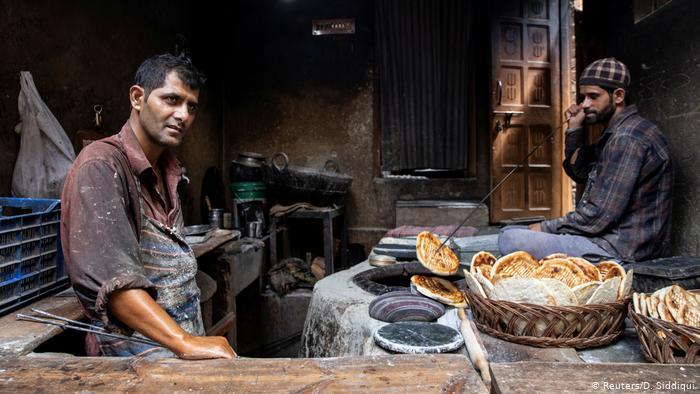
Where are the customers? The provincial capital Srinagar with its one million inhabitants is actually a lively place. But because of the curfew, it's not just these bakers who lose the customers for their goods. Only for the Muslim Eid festival were the inhabitants allowed to go shopping more extensively. The curfew leads to supply bottlenecks, even for medicines -
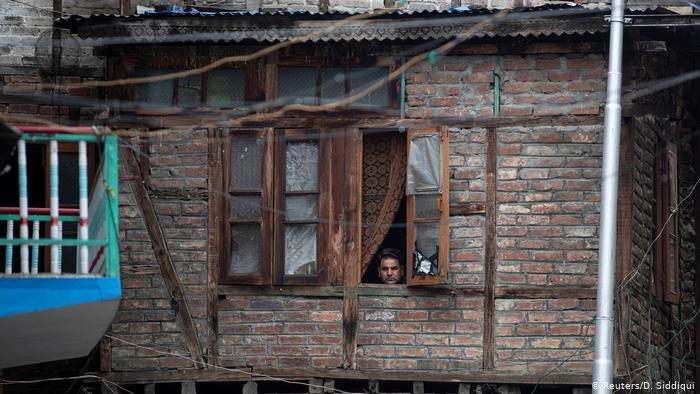
In Srinagar, residents now refer to their location as an "open-air prison": in some places there have been demonstrations, which the police are said to have dissolved with tear gas – but this is not officially confirmed. Many Kashmiri are increasingly frustrated about "haalat" – "the situation". One man told a news agency that his mobile phone was only good for throwing at soldiers -
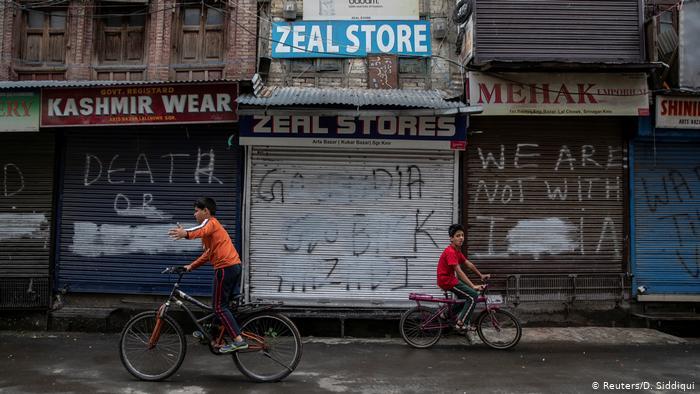
Resentment under wraps: journalists who were able to talk to the local population reported increasing frustration. Phrases like "we will fight against India" are often heard. Many people exchange information about where uprisings could take place. There have long been armed rebels in the region fighting for free Kashmir. In 2018, 256 of them were killed -
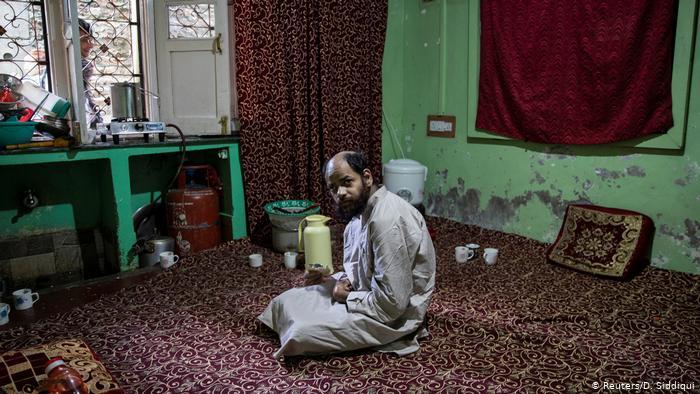
The long arm of New Delhi: While the Kashmiris remain at home, they fear that their region may change and that they may become a minority: The special status abolished by the BJP government prevented investors from the rest of the country from settling in Kashmir. Days before the announcement, Hindus were removed from the region, but in the long run they could have a major impact -
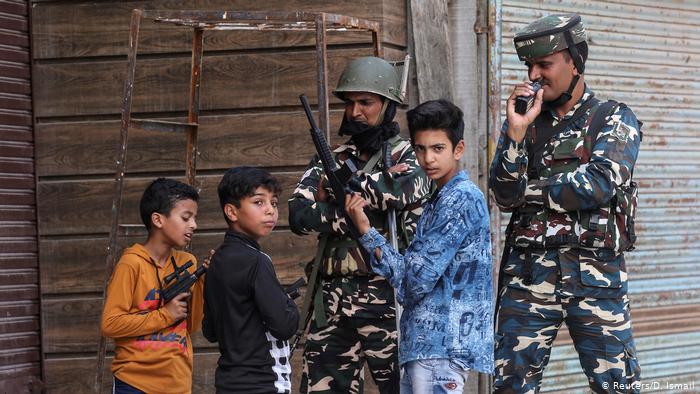
Is Kashmir on the brink of new violence? The children who stand with these soldiers only carry toy guns – but in the region the fear of real armed violence is great: Pakistan, which also claims to be the whole Kashmir region, sees a "danger for world peace". That is why the third riparian, the People's Republic of China, has now, at Pakistan's request, brought the issue before the UN Security Council
https://qantara.de./en/node/10000
Link
To all image galleries
